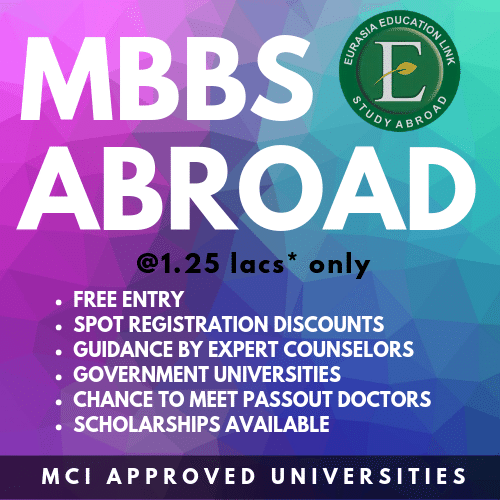Studying MBBS (Bachelor of Medicine and Bachelor of Surgery) in Uzbekistan can offer both advantages and challenges. Here are some potential pros of pursuing your medical education in Uzbekistan:
1. Affordable Tuition Fees: In comparison to many Western countries, the cost of tuition for medical programs in Uzbekistan is generally lower. This can make it more accessible for international students who might otherwise struggle to afford medical education.
2. International Recognition: Many medical universities in Uzbekistan are recognized by international medical organizations such as the World Health Organization (WHO), which can be important for your future career prospects and licensure in different countries.
3. Cultural Experience: Studying in Uzbekistan can provide you with a unique cultural experience. You'll have the opportunity to immerse yourself in a different culture, language, and way of life, which can broaden your horizons and personal growth.
4. Qualified Faculty: Uzbekistan's medical universities often have experienced and well-qualified faculty members who can provide a solid foundation in medical education.
5. Clinical Exposure: Many universities offer clinical exposure and hands-on experience to students, allowing them to gain practical skills and knowledge in real medical settings.
However, there are also some challenges to consider:
1. Language Barrier: The primary language of instruction in Uzbekistan is often Uzbek or Russian. If you are not proficient in these languages, you may need to undergo language training or find programs taught in English. Language barriers can also affect your interactions with patients during practical training.
2. Quality of Education: While there are reputable medical universities in Uzbekistan, there may also be variations in the quality of education and facilities. It's crucial to thoroughly research and choose a recognized and well-regarded institution.
3. Cultural Adjustment: Adapting to a new culture and environment can be challenging, especially if you are far from home. It might take time to adjust to the local customs, lifestyle, and social norms.
4. Licensure and Recognition: Before enrolling in a medical program in Uzbekistan, it's important to research whether the degree will be recognized in your home country or other countries where you plan to practice medicine. Some countries have specific requirements for foreign medical graduates to become licensed.
5. Limited Residency Opportunities: If you intend to pursue postgraduate training or residency programs in other countries, you should be aware that some regions may not readily accept foreign medical degrees. This can affect your career progression.
Before deciding, thoroughly research the specific universities and programs in Uzbekistan, consider your personal goals and circumstances, and weigh the pros and cons carefully. It's also advisable to consult with current or former students who have studied medicine in Uzbekistan to get firsthand insights.
















April 17, 2025
Reply